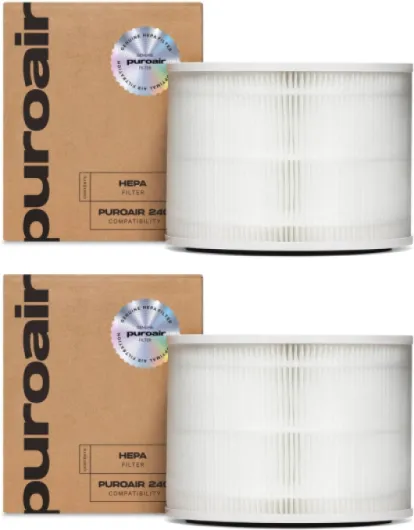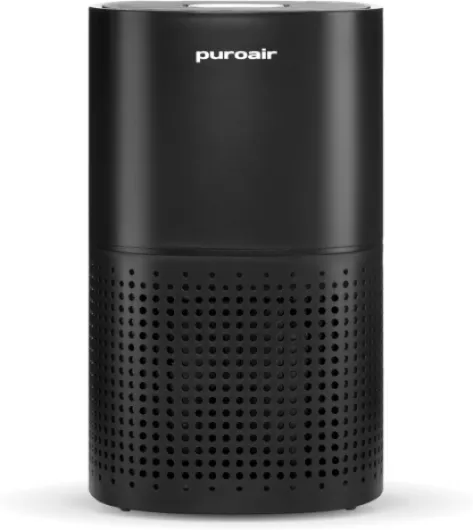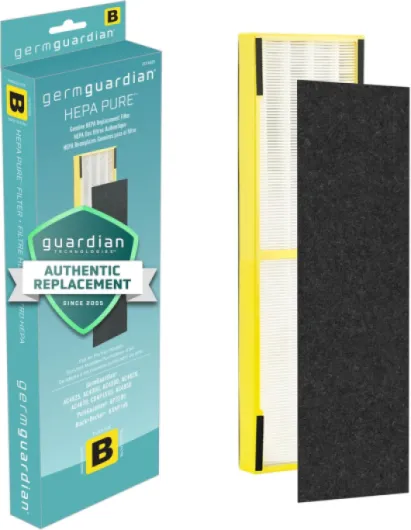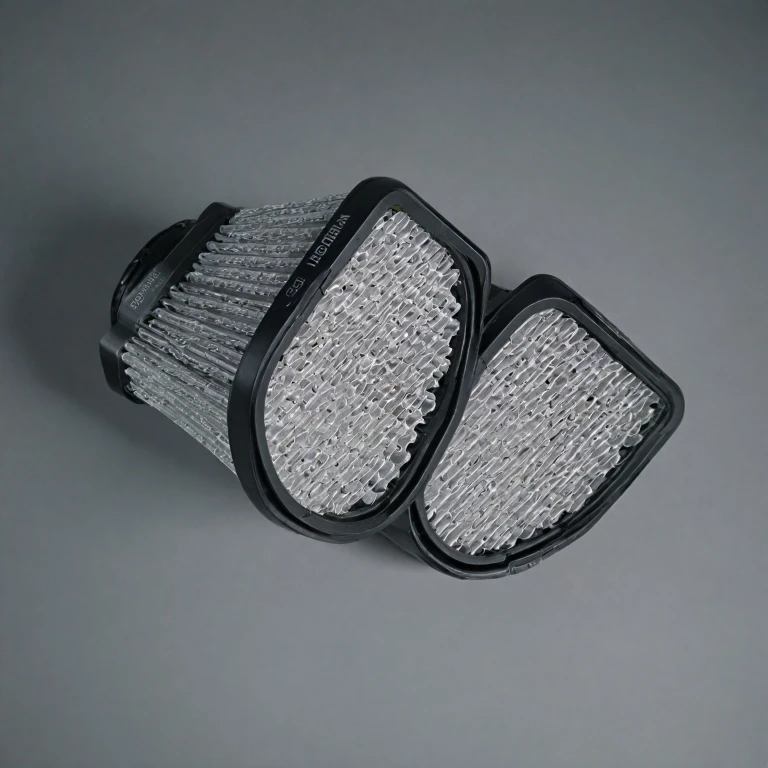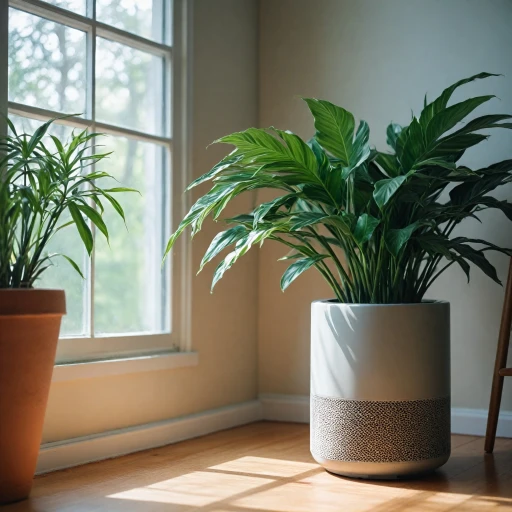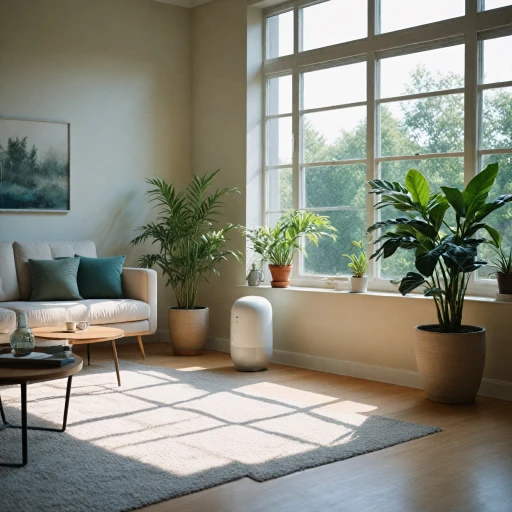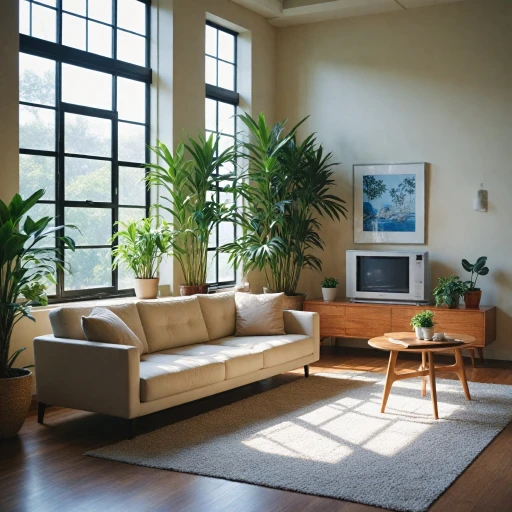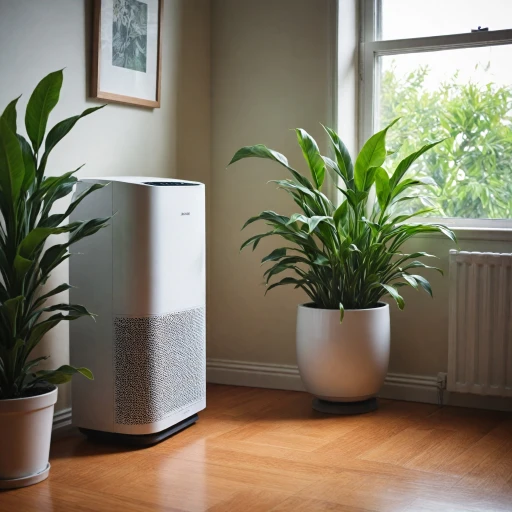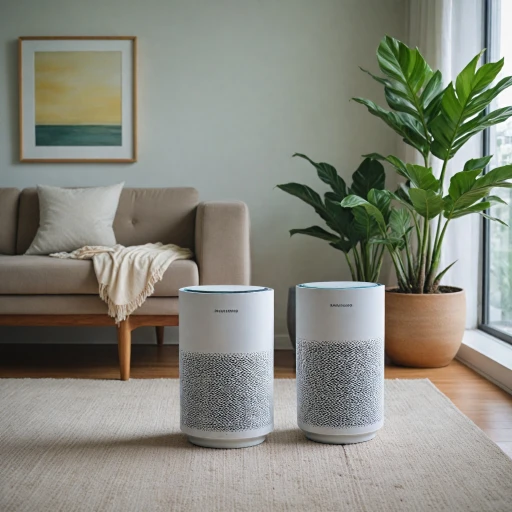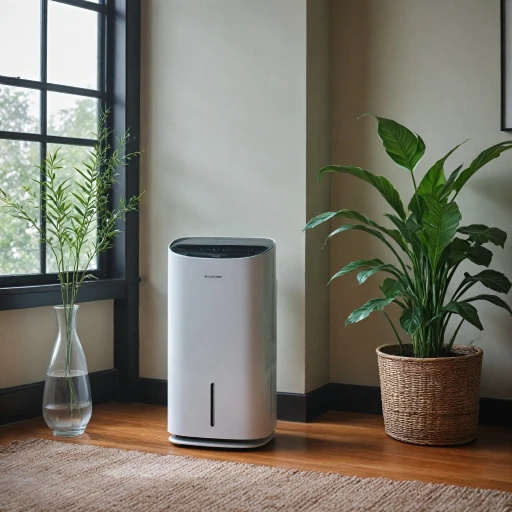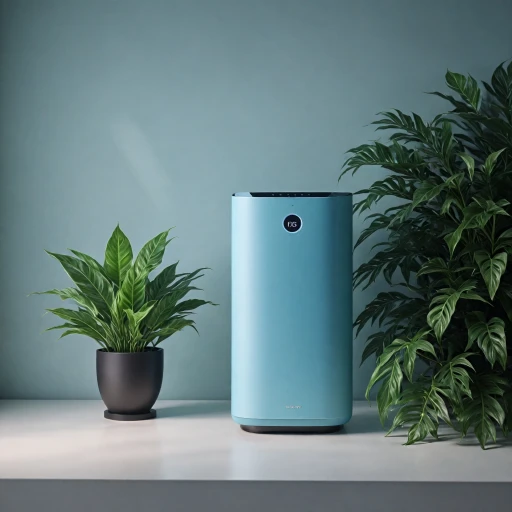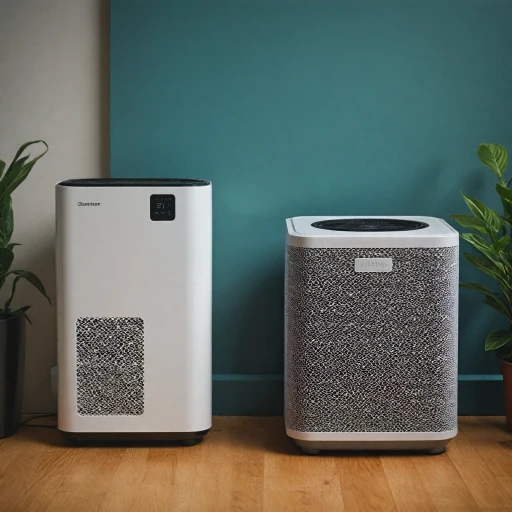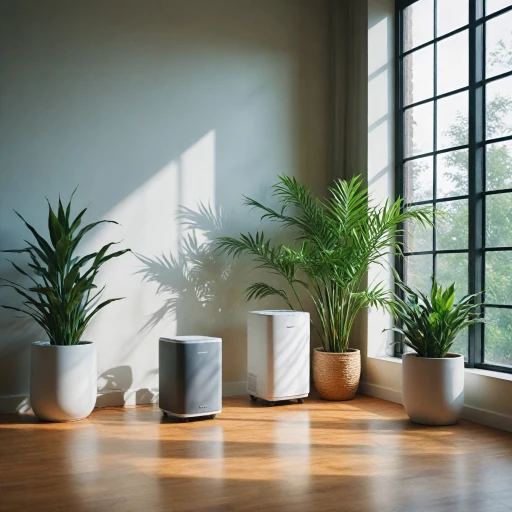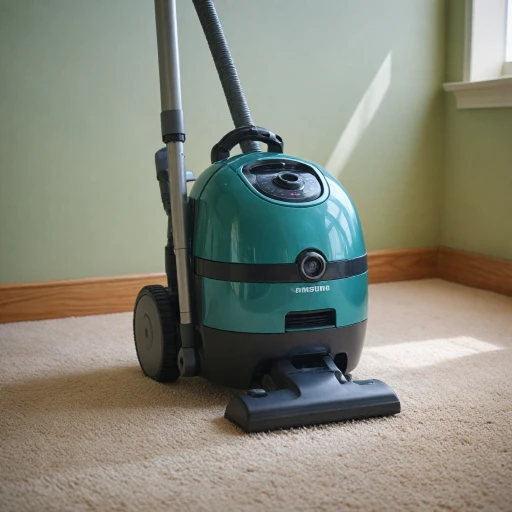
What Are HEPA Filters?
Introduction to HEPA Filters
HEPA filters stand as a crucial component in the realm of air purifiers, known for their high efficiency in filtering out airborne particles. HEPA, which stands for High-Efficiency Particulate Air, is a standard for clean air technology. These filters are designed to capture particles as small as 0.3 microns with an impressive efficiency of 99.97%, making them widely utilized in various settings, including household air purifiers and medical-grade applications. HEPA filtration works by forcing air through a fine mesh that traps harmful particles like dust, pollen, smoke, and even bacteria and viruses. This ensures that the indoor air remains clean and free of contaminants, significantly improving air quality. The HEPA filter standard is regulated and categorized based on its efficiency in trapping particles. This is determined by the Minimum Efficiency Reporting Value (MERV) rating, which helps indicate the filter's effectiveness. The higher the MERV, the better the filter is at trapping smaller particles, which is why true HEPA filters are especially valued for their superior filtration capabilities. For further insights into how HEPA filters integrate and enhance HVAC systems for indoor air quality, explore this understanding the benefits of HVAC HEPA filters. This can provide a more detailed look into how HEPA technology is employed in various air purification systems.HEPA 13 vs HEPA 14: Key Differences
Comparing HEPA 13 and HEPA 14 Filters
For those seeking the cleanest possible indoor air, both HEPA 13 and HEPA 14 filters are viable options, each bringing distinct advantages. Understanding their differences is essential for making an informed choice. Typically, both these filters are designed to capture particles air efficiently, but they vary in their ability.- Filtration Efficiency: The primary difference lies in their filtration efficiency. HEPA 13 filters claim to capture 99.95% of particles airborne at 0.1 microns or larger. In contrast, HEPA 14 filters are even more rigorous, boasting an efficiency of 99.995% for the same size particles. This subtle yet significant gap makes HEPA 14 filters particularly suitable for environments requiring medical grade purity.
- Standards and Classification: Both filters meet the European HEPA standards for high quality air filtration. However, the HEPA 14 is often preferred in contexts where the highest air quality is crucial, such as certain medical and sterilized settings.
- Medical Application: Given their stringent filtration capabilities, HEPA 14 filters are often found in medical air purification systems, ensuring the air is free from almost all efficiency particulate that could pose a risk in medical zones. HEPA 13, while slightly less efficient, still surpasses many air filters and is commonly used in high quality residential air purifiers.
Performance and Efficiency
Efficiency Comparison of HEPA 13 and HEPA 14 Filters
When it comes to air filtration, efficiency is a crucial factor that can determine the effectiveness of an air purifier. Both HEPA 13 and HEPA 14 air filters have high efficiency particulate air capabilities, but there are key differences in their performance that one should consider.
HEPA filters, known for capturing airborne particles of minute sizes, are engineered to meet strict standards of air quality. Let's delve into the performance capabilities of HEPA 13 and HEPA 14:
- HEPA 13 Efficiency: These filters can capture up to 99.95% of particles as small as 0.1 microns. Though they offer high efficiency, certain environments such as medical facilities may require even higher levels of filtration.
- HEPA 14 Efficiency: Often referred to as medical grade, these filters exhibit a performance efficiency of up to 99.995% for particles of the same size. This makes them suitable for more sensitive environments where true hepa filtration is critical to maintaining high air quality.
The particle filtration capability of these filters means they can effectively remove airborne contaminants, demonstrating their respective role in maintaining indoor air quality. This difference in pollutant capture rate highlights the need to evaluate the specific requirements and standards you aim to achieve with your air purifier.
Applications and Suitability
Applications in Varying Settings
Understanding the specific applications and suitability of HEPA filters, especially HEPA 13 and HEPA 14, is crucial when choosing the right filtration system. Both filters are designed to capture different sizes of airborne particles with high efficiency, which makes them highly effective in maintaining indoor air quality.- Residential Use: HEPA 13 filters are often used in household air purifiers where good air filtration is needed to reduce allergens like dust, pollen, and pet dander. They are sufficient for general home use and help improve air quality.
- Medical and Laboratory Settings: HEPA 14 filters, which have a higher efficiency particulate filtration capability, are more suited for environments requiring stricter air quality standards, such as hospitals and laboratories. These filters capture smaller particles and meet the needs for medical-grade air filtration.
- Commercial and Industrial Applications: Many commercial settings, such as office buildings and factories, utilize HEPA filters to maintain clean air environments. The choice between HEPA 13 and HEPA 14 can depend on the specific air quality requirements of the environment.
- Public Spaces: In places with high foot traffic, like malls or airports, HEPA 14 filters might be employed in air filtration systems to ensure particulate air cleanliness is maintained at a high standard.
Cost Considerations
Financial Implications and Considerations
When it comes to weighing the costs associated with HEPA 13 and HEPA 14 filters, several factors demand attention to ensure you make an informed decision that suits your air purification needs and budget.- Initial Investment and Replacement Costs: Generally, the price of HEPA filters increases with the level of filtration efficiency. HEPA 14 filters, known for their superior filtration capabilities in capturing smaller airborne particles, tend to be more expensive than HEPA 13 filters. Additionally, consider the costs of replacement filter cartridges, as these can vary depending on the air purifier model and filter grade.
- Longevity and Durability: Both filter grades require periodic replacement to maintain high-efficiency air filtration. However, the frequency of replacement may vary based on factors like indoor air quality and usage. A medical-grade HEPA 14 filter, although pricier, may need less frequent changes than a HEPA 13 filter if maintained in optimal conditions, potentially offsetting initial higher costs.
- Energy Efficiency: HEPA 14 filters, given their higher filtration standards, might contribute to increased energy consumption in some air purifiers. It is essential to check the energy efficiency ratings, often denoted by MERV ratings, when purchasing an air purifier equipped with HEPA filters. Selecting an appliance with a high MERV rating may lead to long-term savings on energy bills.
- Overall Value: When determining the value for money, consider how critical high-grade filtration is for your specific situation. For example, environments with higher pollutant levels or medical settings might justify the need for the enhanced efficiency of HEPA 14 filters despite their higher price tag. On the other hand, HEPA 13 filters might suffice and offer optimal air quality in standard household applications, providing a more budget-friendly option.
Making the Right Choice for Your Needs
Choosing the Right Air Purification Solution
When it comes to selecting the ideal air purification solution for your needs, it's essential to consider various factors that can influence your decision. First and foremost, understanding the differences between HEPA 13 and HEPA 14 filters can significantly impact the indoor air quality in your space. Both of these filters adhere to high standards of filtration, but vary in their efficiency particulate air filtration capabilities, as discussed earlier.
Here are some practical considerations to help guide your choice:
- Purpose and Environment: Think about the primary purpose of your air purifiers. Is it for a medical grade setting that requires removing nearly all airborne particles down to the microns level, or is it for general indoor air quality improvement?
- Rate of Filtration: True HEPA filters like HEPA 14 offer higher efficiency particulate air filtration, making them suitable for environments needing extremely clean air, such as hospitals and laboratories. If the highest filtration efficiency isn’t necessary, HEPA 13 may adequately meet your filtration needs for home or office use.
- Cost Considerations: Evaluating the cost of the air purifier unit itself alongside the replacement filter cartridges is crucial. While HEPA 14 filters may provide finer filtration, they often come with a higher price tag compared to HEPA 13 filters.
- Size and Compatibility: Air purifiers vary in size and must align with your available space and air cleaning needs. Ensure compatibility between the purifier and the filter to maximize efficiency.
Ultimately, the choice between HEPA 13 and HEPA 14 filters should balance filtration performance, cost, and specific air quality needs. Evaluating your unique circumstances against these considerations will help you make an informed decision to ensure a clean and healthy indoor environment.

